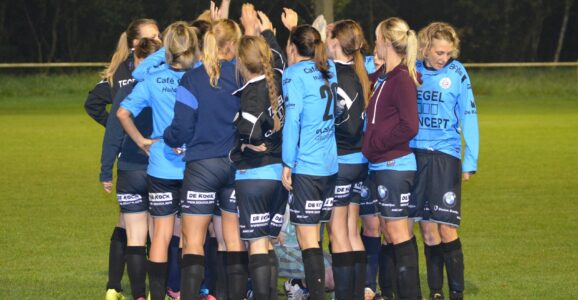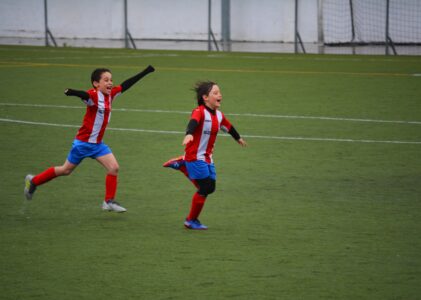Empowering Teenage Athletes: Harnessing the Power of Positive Self-Talk for Enhanced Performance
Positive self-talk is crucial for teenage athletes, enhancing confidence, focus, and performance. Coaches can identify negative self-talk through signs like visible frustration or negative language. By modeling positive self-talk, setting realistic goals, and creating supportive environments, coaches can help athletes build a resilient, performance-boosting mindset.




